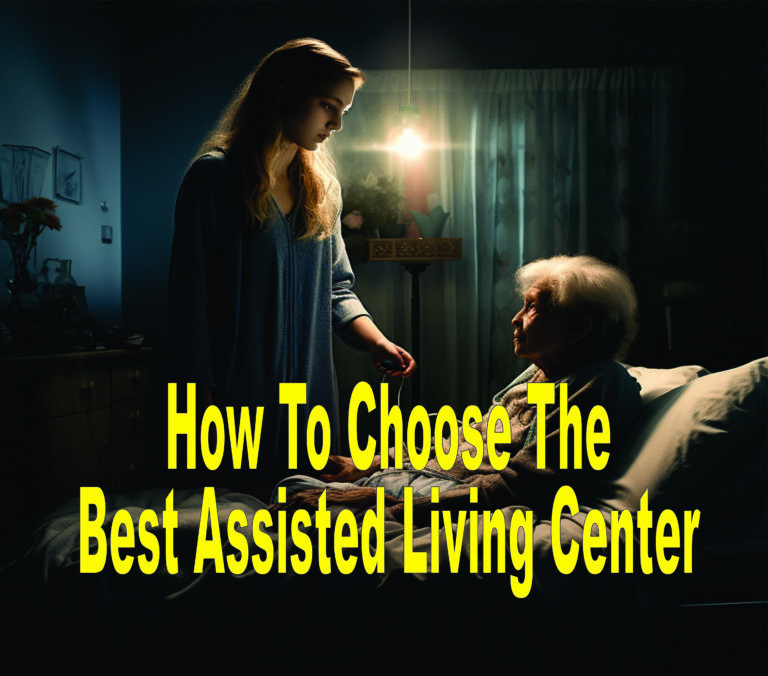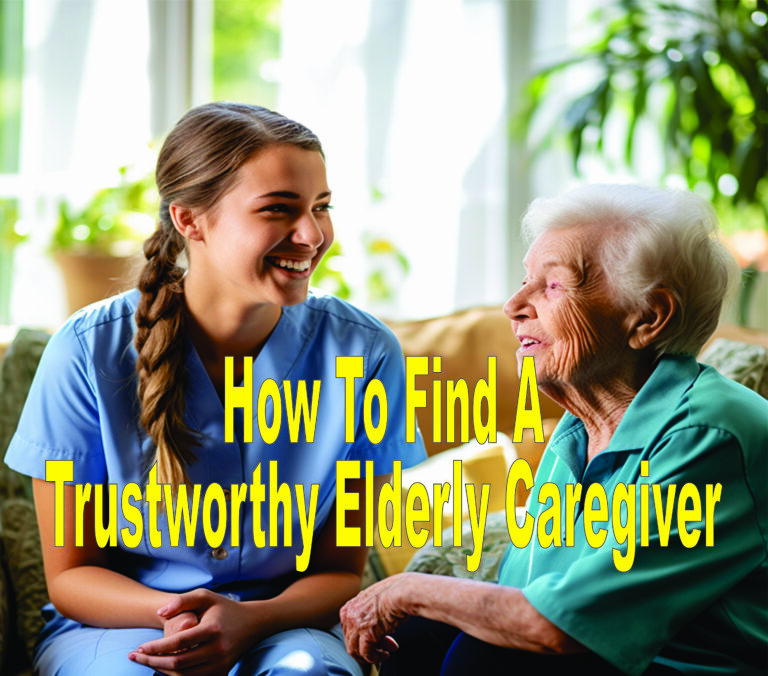Hilarity Home Care Grants And Other Ways To Pay For Home Care

Last Updated on January 25, 2024 by Lori Pace
Some families find it difficult to pay for home care because many elders and adult kids pay out-of-pocket. This is a difficult reality for many working families. However, home care is the best way to keep your loved one from going into a nursing home. So, in this article, we will discuss about ways to pay for home care and grants to support you in this!
Ways To Pay For Home Care Without Grants
Home care is available to seniors, disabled people, and their families. It can also be used for personal and medical care. However, home care does limit certain tasks. It doesn’t matter if you hire a home healthcare aide privately or through an agency, it is important to understand the role of each individual. You should know what each person can do and cannot do.
Private insurance, Medicare, Medicaid and private insurance pay a portion of the cost for home care services. However, Medicare and Supplemental Insurance Plans only cover personal care if the consumer is receiving skilled care. They don’t cover personal care by themselves.
Private Out-of-Pocket
Home care costs can be compared by those who are unable to pay for it out of pocket. It will be difficult to choose between affordability and quality.
Community Organizations
Local non-profits provide financial assistance for home care and support services in some communities. The organizations will pay for some or all of the services, depending on the individual’s financial situation and eligibility. For more information, contact social workers, hospital discharge planners, local offices on Aging, and the United Way.
Insurances
Long-Term Care Insurance
LTC is an insurance plan privately paid that covers long-term care such as personal care. LTC policies typically cover a portion of nursing homes or assisted living. Some policies pay for services within the community such as adult day services and home care. The plan will determine how much care is needed.
To get a low rate on long-term care insurance, it is advisable to purchase your policy as soon as possible. If you already have a long term care policy, make sure to use it. Do not delay the care you require. You can start to reap the benefits. You can save the profits to use when you need them most. However, intervening earlier in a disease process or aging process with home care helps prolong your ability to remain at home longer.
Medical Health Insurance
Private insurance does not cover personal or custodial care. The coverage of health insurance is very limited. Some types of long-term care and disability policies do not cover any. Private health insurance plans and HMOs follow the same rules as Medicare. They do not cover long-term services if they are for skilled, temporary, or medically required care.
Disability Insurance
When a person is disabled, disability insurance replaces part of their income. It doesn’t cover long-term or medical care.
State Plans For Home Care
Medicaid And Medicare
Each federal program has specific eligibility requirements. There are also restrictions on the services that can be covered. If you are eligible, they can be a great source of support.
Medicare covers skilled nursing stays that are required following a recent hospitalization. The stay must be less than 100 days. Home care coverage is limited to medically required skilled care.
Medigap insurance doesn’t cover long-term care. The policy does not cover long-term care expenses such as care in a nursing facility, vision or dental care, or private-duty nursing.
Cash And Counseling Programs
These programs are based on “consumer-directed healthcare” models. The program provides an allowance of cash to the older adult for their home care expenses. You can use this money to hire a friend or relative who provides personal and household care, purchases assistive devices, and pays for home modifications.
The Eldercare Locator is a U.S. Administration on Aging public service that connects you with services for older adults and their family members. Call 1-800-677-1116 for more information.
Veterans Administration
Veterans who have been disabled for at least half a year due to service-related conditions are eligible for home care coverage through the Veterans Administration (VA). The VA’s network hospital-based home health care units must be authorized by a physician. Non-medical services rendered by home care agencies are not covered by the VA.
Through the CHAMPVA program, eligible veterans, spouses, widows and dependents can receive medically necessary home care services. To determine eligibility, call 877-222-8387 toll-free. Learn more at CHAMPVA or TRICARE.
Older Americans Act
The Older Americans Act is federal funding for local and state social services programs that allow frail and disabled older adults to live independently in their communities. You can use the funding to pay for home health care, personal and meal delivery services, as well as chore, escort and meal delivery services for people with significant needs who are 60 years old or older. Some of the fees are covered by those who have the financial resources to pay. Find information about funding opportunities at the Area Agency on Aging.
Grant Programs For Home Care
Social Services Block Grants Program For Home Care
Federal social service block grants are available to states for their state-described service needs. States receive an annual grant in the amount of $15,000 each year. The state’s population determines the funding amount. Some funds are used to pay for homemaker and home health services. For more information about these programs, the state health departments and local offices for aging can be a good resource.
Hilarity For Charity Dementia Home Care Grants
This grant program’s goal is to provide exceptional home care to families with this disease and to offer support and rest to these families. Home Instead facilitates these grants, where possible. You can use these grants to provide respite care hours and have no cash value.
A free consultation is in the grant program to help you learn more about these services and how they can benefit you as a family caregiver. The grant program will fund the delivery of Alzheimer’s care services by a skilled and experienced Home Instead CAREGiverSM.
They only accept online applications. Please provide a detailed description of your caregiving experience. They review all applications monthly. Within 60 to 90 days of submitting your application, you will receive an email confirming receipt. All applicants will be notified about their status.
Recharge Respite Grant
Recharge Respite Grant grants 50 hours of respite service for a single award. You must use within three months. After receiving a Recharge Respite Grant they can re-apply for another grant. This grant gives respite to family caregivers who need time to recharge and to focus on their own needs.
Extended Relief Respite Grant
Extended Relief Respite Grant provides 25 hours of respite per week for six months. This grant is valid for 24 weeks. After receiving this grant, applicants can re-apply for another grant. This grant provides extended respite for family caregivers who require time to concentrate on their professional and personal lives.
Limited funding means that there is a limit to the number of Extended Relief Grants. Grants will be awarded by the review committee based on need and available funding.









